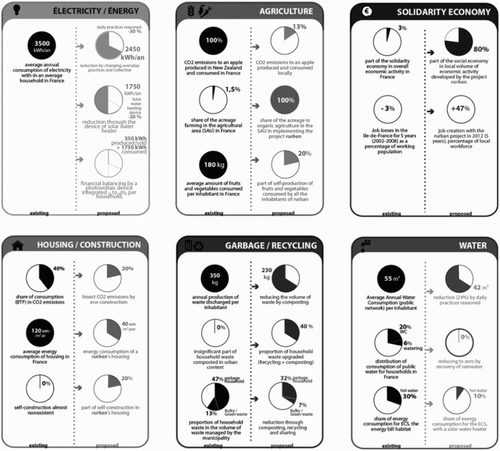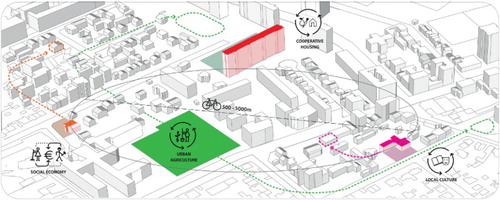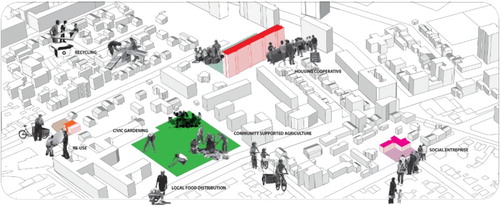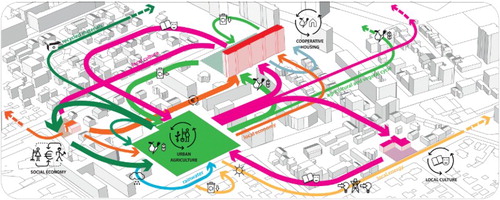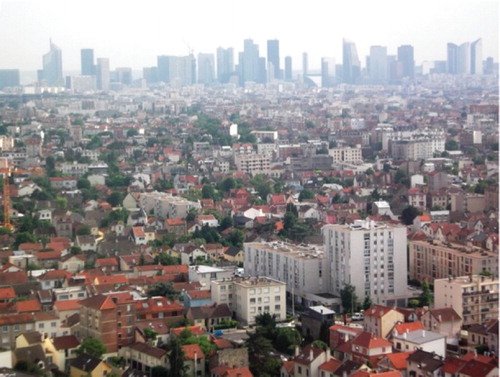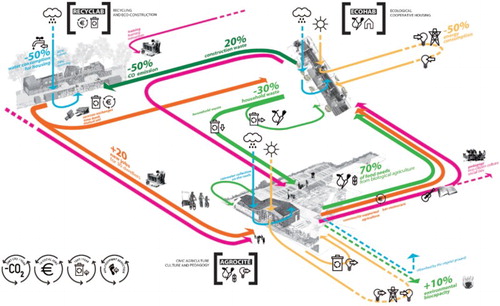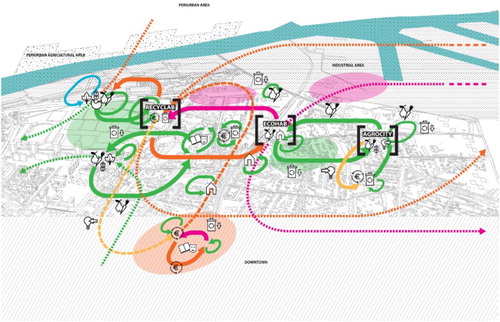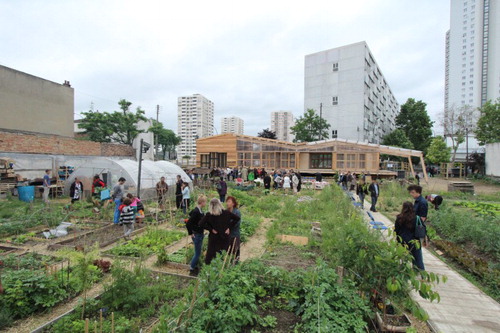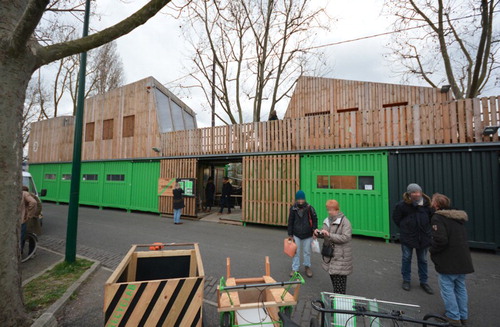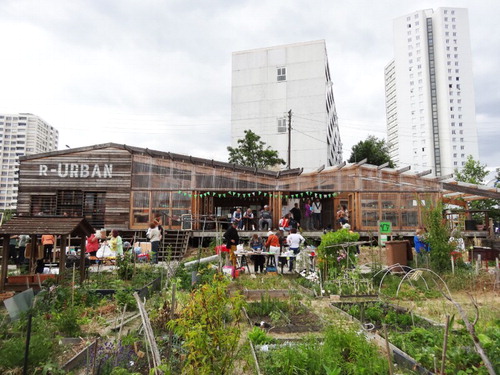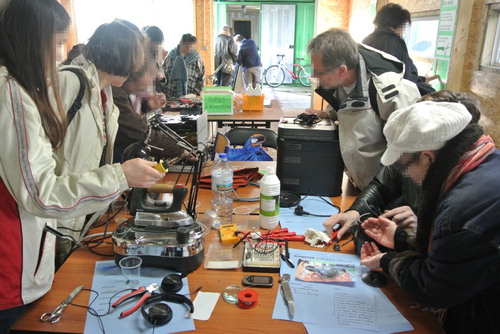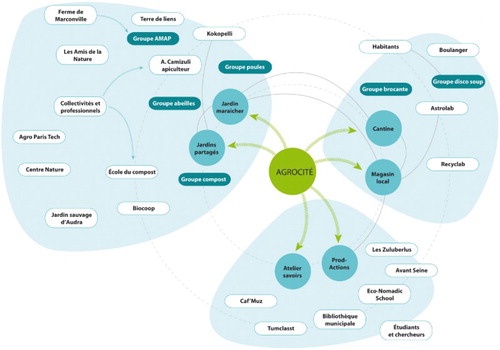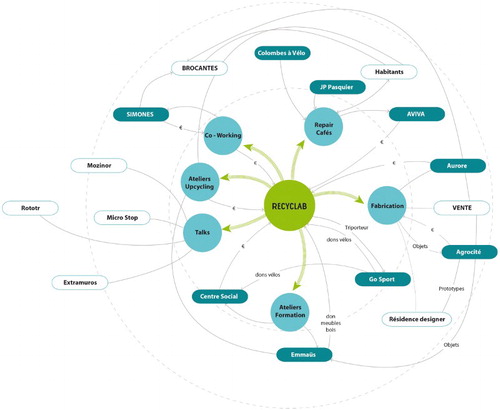Figures & data
Figure 1 R-Urban-predicted effects in different urban sectors
Note: Improvements in CO2 reduction, energy consumption, water consumption and waste were obtained through the introduction of saving schemes and positive activities (composting, reuse and recycling, solar energy production and car sharing). The comparison is with average consumption/person in France (2008), based on data estimated for 100 citizens using diverse R-Urban hubs totalling 2000 m2
